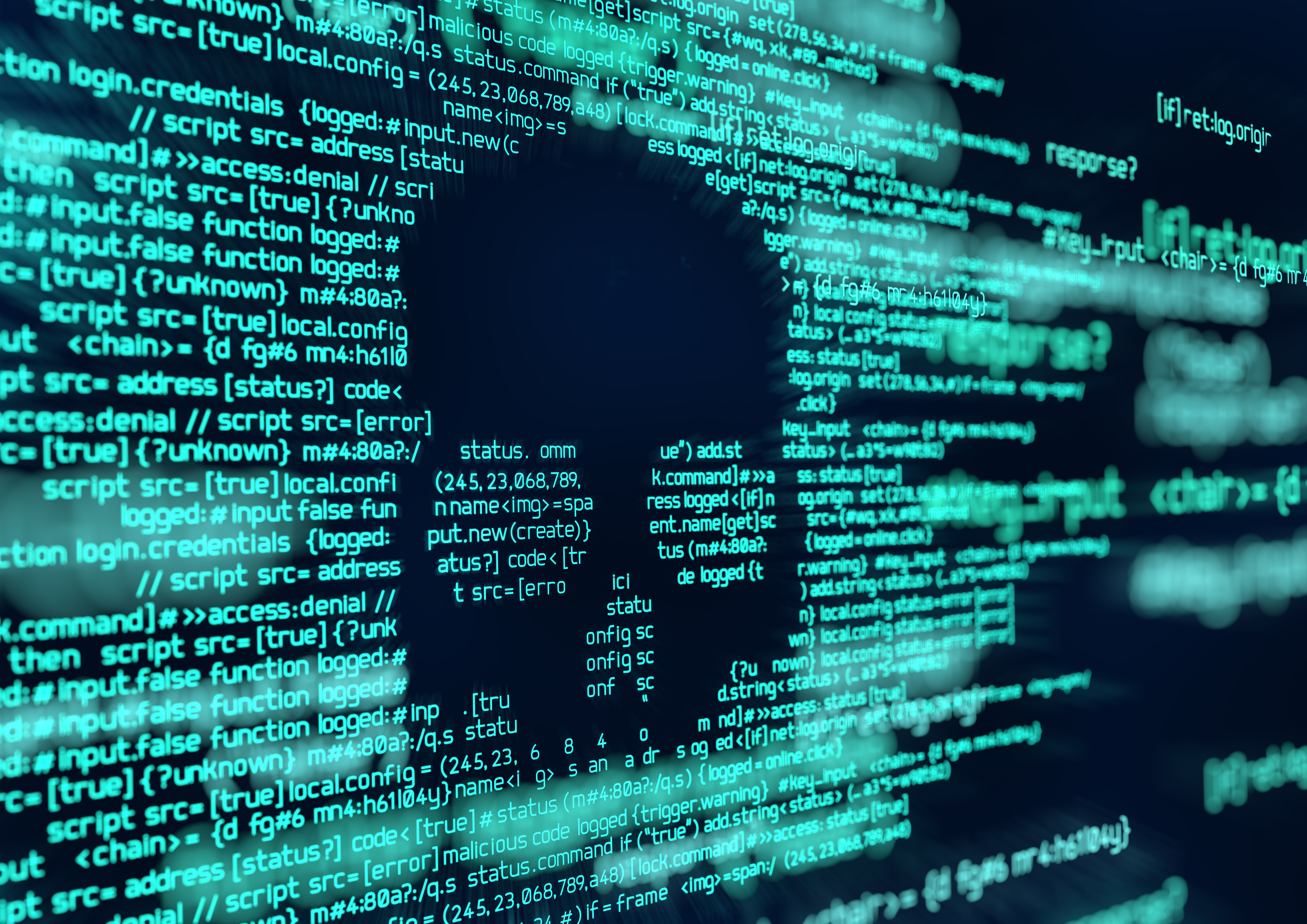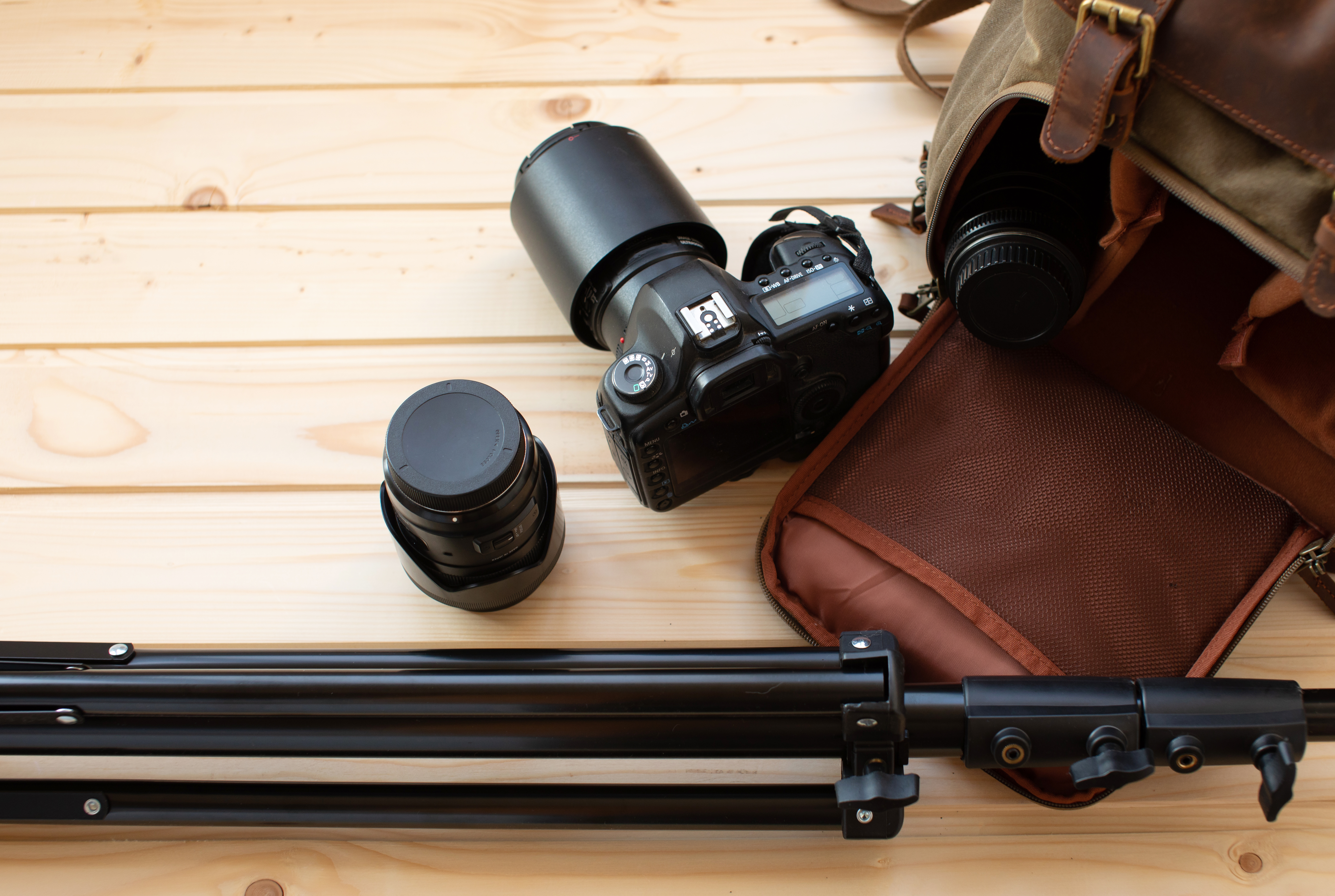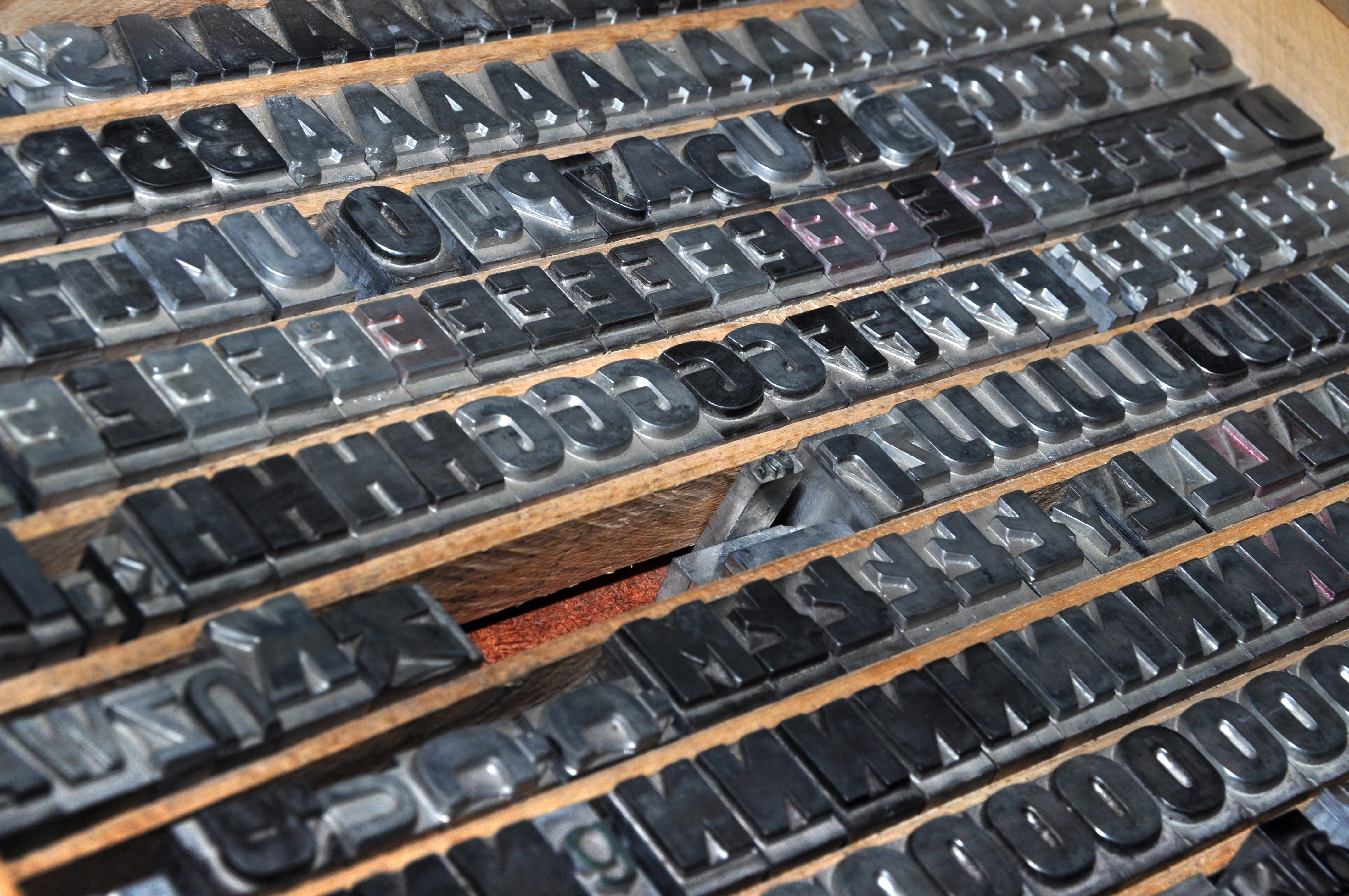While I occasionally attempt to make resolutions around the New Year changeover that happens every January 1, my birthday is time I’m more likely to reflect on various aspects of personal and professional development. Yesterday marks the completion of my 37th year on the planet. As I gradually march toward 40, I find myself thinking more about my personal health. I decided to use yesterday as the demarcation point in attempting to spend the next year tracking a few aspects of my health in greater detail. Part of my motivation dates to March, when I read Gordon Bell’s incredibly interesting book Total Recall, which documents his research in capturing and recalling every event in his life. That I’m still thinking about the ideas presented in Bell’s book is a testament to how big an impression it made on me.
Once the gear arrives, I intend to track my weight, calories burned, food eaten, and sleep pattern. If I can find other simple solutions for logging data, I may add those data points as well. As I pointed out when I posted my initial thoughts on Total Recall, one of the key challenges to logging health information is that there’s too much work involved. In the 5 months since I first read Total Recall, I’ve been on the lookout for solutions to reduce friction around logging health data points. The Withings WiFi body scale automatically logs your weight so you can view patterns over time. FitBit measures the intensity and duration of your physical activities, calories burned, steps taken, distance traveled, how long it took you to fall asleep, the number of times you woke up throughout the night and how long you were actually asleep vs just lying in bed. By capturing the data automatically and having a convenient way to look at it regularly, I’m hoping to detect some patterns in my own behavior (and possibly increase the good behaviors while eliminating the bad ones).
A couple of areas where I think there’s room for development are in tracking and logging blood glucose levels automatically, getting daily temperature readings, and tracking blood pressure over time. While there are devices that automate blood glucose measurement, I haven’t seen any that log them to a common data store of health information. I also think this is an area where people who aren’t currently diabetic could benefit from logging data, because it would help in providing an early warning system. Another area where automated daily tracking is currently missing is in measuring body temperature. Knowing when your body temperature is out of normal can be a useful indicator in knowing when something is really wrong. Blood pressure readings over time add an additional data point to see what’s a normal range for your body and provide indications about whether your blood pressure has been trending in a particular direction over time.
Of course, I don’t think any of this is a substitute for proper medical care, but keeping track of health information isn’t even part of the discussion around how to overhaul medical care in the United States. For the hundreds of thousands of people like me who make infrequent visits to a doctor, having data a doctor can use to see if your current vital stats are typical of a pattern or an anomaly would help in getting better care when it’s needed. Where I think this could get really interesting is in aggregating all the data anonymously. Most of the research around human health is limited to very small populations of people. It’s further limited to people who are actively interested in being human research subjects. What that means is we are getting skewed populations of people, with data skewed toward those populations. Anonymous data from large groups of people would help provide real data that could advance the understanding of human health.
So far the thing I don’t like about all these devices is there’s no common place to aggregate all the data. I can input data to FitBit’s site and I can store data in the WiScale site, but they don’t talk to each other. There’s currently an API for both, which means other people could write software to aggregate the information, but so far that hasn’t happened. This seems like a great opportunity for some motivated startup company. In the meantime, at least I’ll have the data so I can tie it all together at some point. How about you? Are you using any gadgets or software to track your health info? If so what? I’m trying to get a better handle on how to make this easier, so please share any suggestions you might have.





7 responses to “Recording health data automatically”
Jake- not related to electronic tracking but the secret to good health is watching your carbs. I recommend reading Gary Taubes book, Good Calories, Bad Calories. Carbohydrate overload is what is creating many of our health problems. Watch the carbs and they are everywhere. The low fat gospel is wrong.
Jake – very interesting topic on health tracking. This has big potential so hopefully someone develops it so we can all benefit. We need to be responsible for our own health.
I agree with Roger’s recommendation on reading Gary Taubes book. Don’t overlook insulin resistance.
The suggestion I will make is to also get a baseline reading of your LDL, HDL and triglycerides(sp?).
When IT Fails
Could this happen in Health Care? http://www.cringely.com/2010/08/when-it-fails/
Jake, check out Microsoft HealthVault.
The site has the ability to gather data automatically from various devices as well as personal prescription data from some pharmacies.
Right now my Withings scale readings show up on HeatthVault automatically, and for my blood pressure I just plug my BP monitor into my computer every couple of weeks or so and the reading automatically get uploaded there.
Several other devices are supported. A list appears on the site. Google offers a similar service called Google Health.
– John
I have been doing this for years, have 18 years on ya. The problem I find is that doctors are not interested in this data. They do not want to make a diagnosis on your data that can not be trusted. Doctors first rule, don’t get sued! On the other hand my vet loves this information. Problem being he will not take me as a patient, must be the fir thing…
One thing you didn’t mention is a place where various lab tests are listed and when you had these tests done and the results. After age 40 or 50 there are certain tests that need to be done. For example and maybe the most important is having a colonoscopy (yeah I know, not very exciting!) If there was a place you could chart these things it would be invaluable to a doctor if you showed up at his door for a first visit even tho’ the above poster didn’t think so. You would have a copy of everything you had had done and the dr. wouldn’t have to do duplicate testing.
Hope you find a standardized method of doing this. I wish I had done this at your age because at my age – 63 (and a nurse anesthetist) your memory is horrible.
Joanne